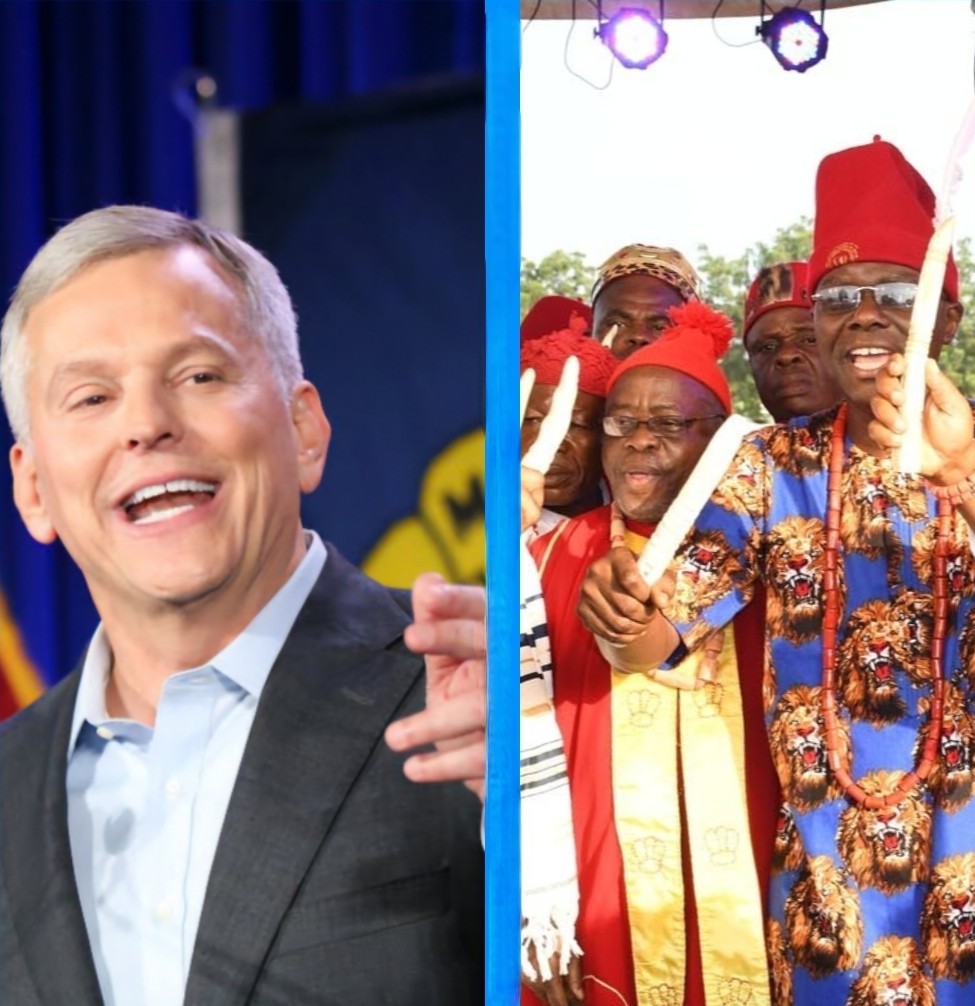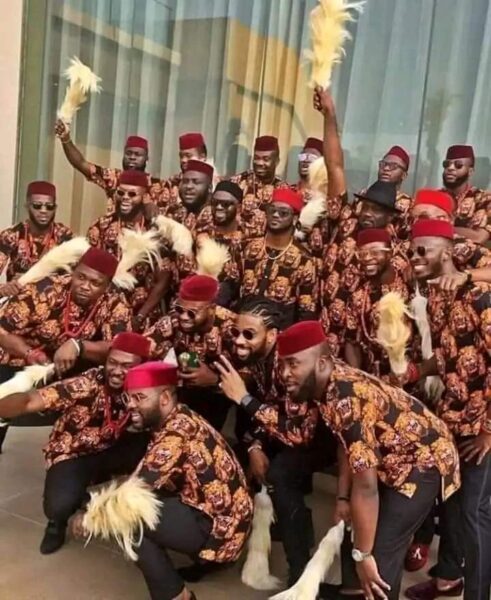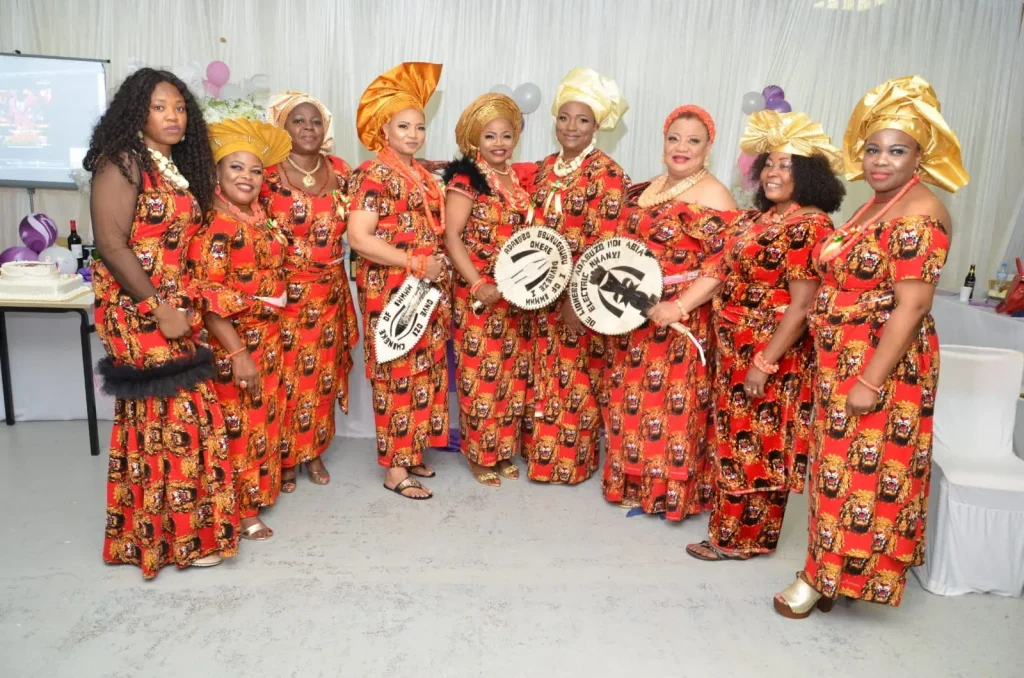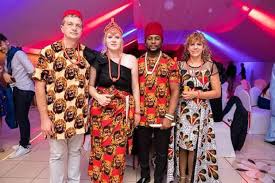
In a historic proclamation that resonates well beyond the United States, the Governor of North Carolina, Josh Stein, has officially declared June 14, 2025, as ‘Igbo Day’, in recognition of the enduring contributions of the Igbo people of southeastern Nigeria to the cultural, economic, and civic life of the state.
Announced on June 12, 2025, via the state’s official channels, the declaration marks a significant milestone for African immigrants in the U.S. and celebrates more than five decades of Igbo presence in North Carolina, an immigrant journey that has grown from humble beginnings into a powerful legacy of resilience, excellence, and cultural pride.

“What may seem like a ceremonial gesture,” wrote one cultural analyst, “is, in truth, a deep and powerful narrative, one that speaks to heritage, identity, belonging, and transcontinental impact.”
Governor Stein’s proclamation highlights the wide-ranging achievements of the Igbo community, from medicine and education to entrepreneurship, law, engineering, and public service. Their presence, he said, is not only visible in the professional landscape, but also in their selfless civic engagement, organizing food drives, supporting shelters, adopting highways, and enriching local festivals with vibrant cultural performances.
“These are not merely contributors,” Stein remarked, “but community builders and cultural ambassadors whose values have strengthened the very fabric of North Carolina.” He further emphasized that Igbo Day is not just about recognizing a people, but validating a journey—one marked by migration, perseverance, identity preservation, and a shared commitment to purpose and progress.
In the wider American context, the recognition of Igbo Day adds a powerful layer to the nation’s ongoing story of inclusion and multiculturalism. As a country shaped by immigrants, the United States continues to evolve by welcoming new waves of cultural richness and the rise of African immigrant communities, particularly the Igbos, is playing a key role in that evolution.

Noxacomedy, a U.S.-based Nigerian content creator and social media influencer, applauded the declaration, calling it “a win for Nigeria and the entire African continent.” He praised the Igbos for their industrious spirit and community-driven values, noting that such recognition affirms Africa’s growing influence on the global stage. “This isn’t just about the Igbos,” he added. “This is about Africa being seen, heard, and valued in places that once overlooked us.”
For Igbos around the world, whether in Nigeria, the United States, or across the global diaspora: this moment carries profound emotional and symbolic weight. It affirms that their language, customs, and cultural contributions are not only preserved in family traditions, but are now formally honored by American institutions.
For younger generations of Igbo descent, many of whom were born and raised outside Nigeria, this recognition offers something priceless: a sense of rootedness. In an era when second- and third-generation immigrants often grapple with identity questions, Igbo Day sends a clear message: Your story matters. Your heritage is beautiful. You belong.
Beyond the diaspora, Igbo Day in North Carolina represents a major achievement for African cultural diplomacy. It proves that African identity is more than a conversation about aid or conflict, it is about values, excellence, and cultural legacy that transcends borders.

This development calls on African governments to rethink their engagement with the diaspora, not merely as sources of remittances, but as strategic partners in nation-building, policy dialogue, and global influence. It’s a reminder that Africa’s most powerful ambassadors are often its people living abroad, telling stories, preserving traditions, and elevating the continent’s reputation.

As North Carolina becomes one of the few U.S. states to officially honor an African ethnic group, Igbo Day 2025 becomes more than a date, it becomes a movement. A movement that champions culture, validates identity, and sets a powerful precedent for African recognition across the globe. Ultimately, this moment is a resounding reminder to every African: “Your culture has power. If it can be celebrated in Raleigh, Charlotte, or Durham, it can, and must, be celebrated, protected, and honored at home.”

